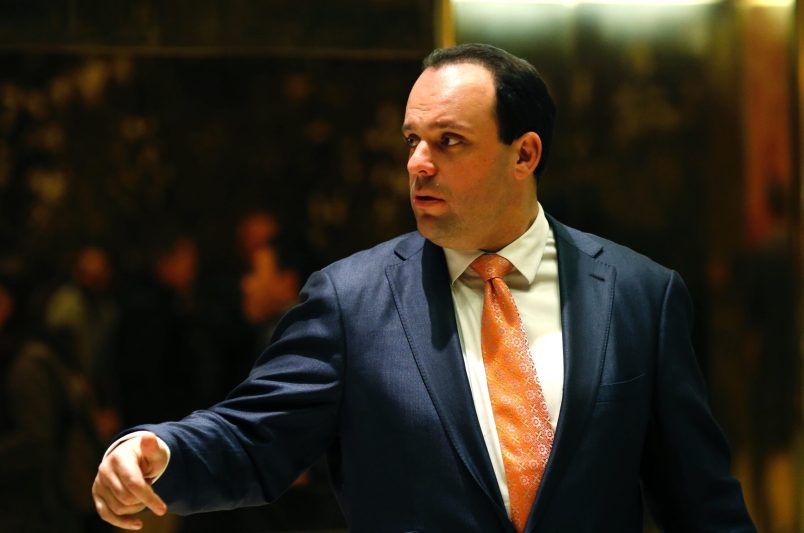Here at TPM we’ve repeatedly noted the tendency for Republicans (and also non-Republicans) to argue that non-white voters somehow aren’t quite real voters. The point is often framed as noting how up-the-creek Democrats would be without black voters.
Thus we have a comment like Bill Schneider posed to Judy Woodruff a couple years ago on CNN …
Judy, how dependent are Democrats on the African-American vote?
Without black voters, the 1992 and 1996 presidential elections would have been virtually tied, just like the 2000 election. Oh no, more Florida recounts!
What would have happened if no blacks had voted in 2000? Six states would have shifted from Al Gore to George W. Bush: Maryland, Pennsylvania, Michigan, Illinois, Wisconsin and Oregon. Bush would have won by 187 electoral votes, instead of five. A Florida recount? Not necessary.
Right now, there are 50 Democrats in the Senate. How many would be there without African-American voters? We checked the state exit polls for the 1996, 1998, and 2000 elections. If no blacks had voted, many Southern Democrats would not have made it to the Senate. Both Max Cleland and Zell Miller needed black votes to win in Georgia. So did Mary Landrieu in Louisiana, Bill Nelson in Florida, John Edwards in North Carolina, and Ernest Hollings in South Carolina.
Black votes were also crucial for Jon Corzine in New Jersey, Debbie Stabenow in Michigan, and Jean Carnahan in Missouri. Washington state and Nevada don’t have many black voters, but they were still crucial to the victories of Harry Reid in Nevada and Maria Cantwell in Washington.
Nebraska and Wisconsin don’t have many black voters either, but Ben Nelson would have lost Nebraska without them and Russ Feingold would have lost Wisconsin, too, in both cases by less than half-a- percent. Bottom line? Without the African-American vote, the number of Democrats in the Senate would be reduced from 50 to 37.
A hopeless minority. And Jim Jeffords’ defection from the GOP would not have meant a thing — Judy.
There are other examples. But you get the <$Ad$>idea.
True, of course. But what’s the point exactly? Presumably any political party would put at something of a disadvantage if one of their major constituencies was suddenly struck from the rolls.
We heard a lot of this during Tim Johnson’s successful reelection campaign back in 2002 in South Dakota. And now it’s being proffered as an excuse to explain Stephanie Herseth’s narrow victory in the state earlier this week.
As Rep. Tom Davis (R-VA), former head of the Republican House campaign committee (NRCC), told The Hill, “If you take out the Indian reservation, we would have won.”
As I said when we last discussed this, I don’t like making too much of this. I think the people who say such things haven’t quite thought the point out. But their underlying assumption pretty clearly seems to be that blacks or Indians or whoever aren’t quite real voters, and that Democrats who can’t quite get the job done with ordinary white voters have to resort to them as a sort of electoral padding.






